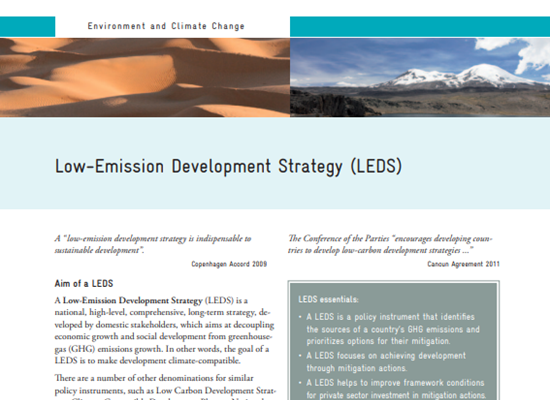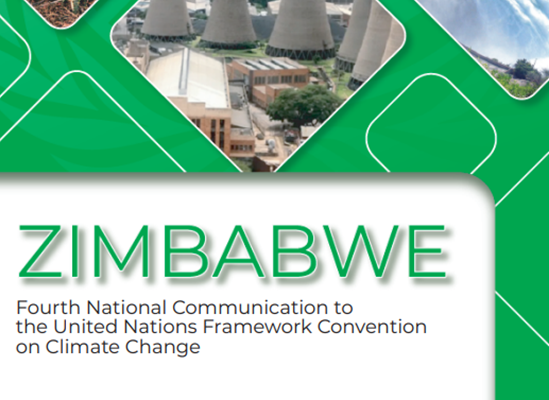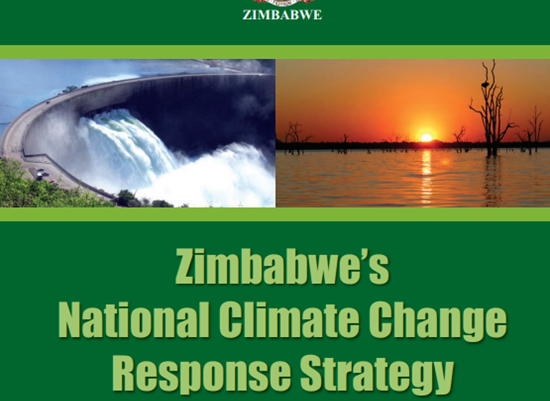Strategies in Climate Action
National Climate Change Learning Strategy
This document is a comprehensive plan developed by the Government of Zimbabwe to enhance climate change education and capacity building from 2020 to 2030. Coordinated by the Ministry of Environment, Climate, Tourism, and Hospitality Industry, the strategy aims to mainstream climate change into educational curricula, promote climate-smart practices, and build resilience across key sectors like energy, agriculture, environment, education, and health.

National Development Strategy
The National Development Strategy 1 (2021-2025) is a strategic economic blueprint implemented by Zimbabwe to foster sustainable economic growth and poverty alleviation. Building on previous efforts since 1980, the strategy acknowledges past achievements and shortcomings influenced by various factors. Under the New Dispensation starting in November 2017, Vision 2030 was introduced, aiming to achieve a Prosperous and Empowered Upper Middle Income Society by 2030.

Low-Emission Development Strategy (LEDS)
The document is about Low-Emission Development Strategies (LEDS), which are national strategies aiming to decouple economic growth and social development from greenhouse gas emissions growth. LEDS integrate mitigation and adaptation aspects, analyze baseline emissions, identify mitigation opportunities, set targets, define policies, assess financial needs, and involve stakeholders.

National Communication to the UNFCCC
This document is Zimbabwe's Fourth National Communication to the United Nations Framework Convention on Climate Change (UNFCCC). It provides an update on the country's efforts and progress in addressing climate change. The report includes information on national circumstances, greenhouse gas inventories, mitigation actions, and adaptation measures. It also highlights the barriers to climate change action and the institutional arrangements in place for climate change management.

Zimbabwe National Climate Change Response Strategy
The National Climate Change Response Strategy of Zimbabwe addresses the severe impacts of climate change, which pose significant risks to the country's development, food security, and adaptive capacity. Recognizing climate change as a serious global threat, the strategy outlines specific actions to manage these impacts and integrate climate considerations into national development planning.he Government has demonstrated its commitment by elevating the Climate Change Office to a full department, emphasizing adaptation as a national priority.



